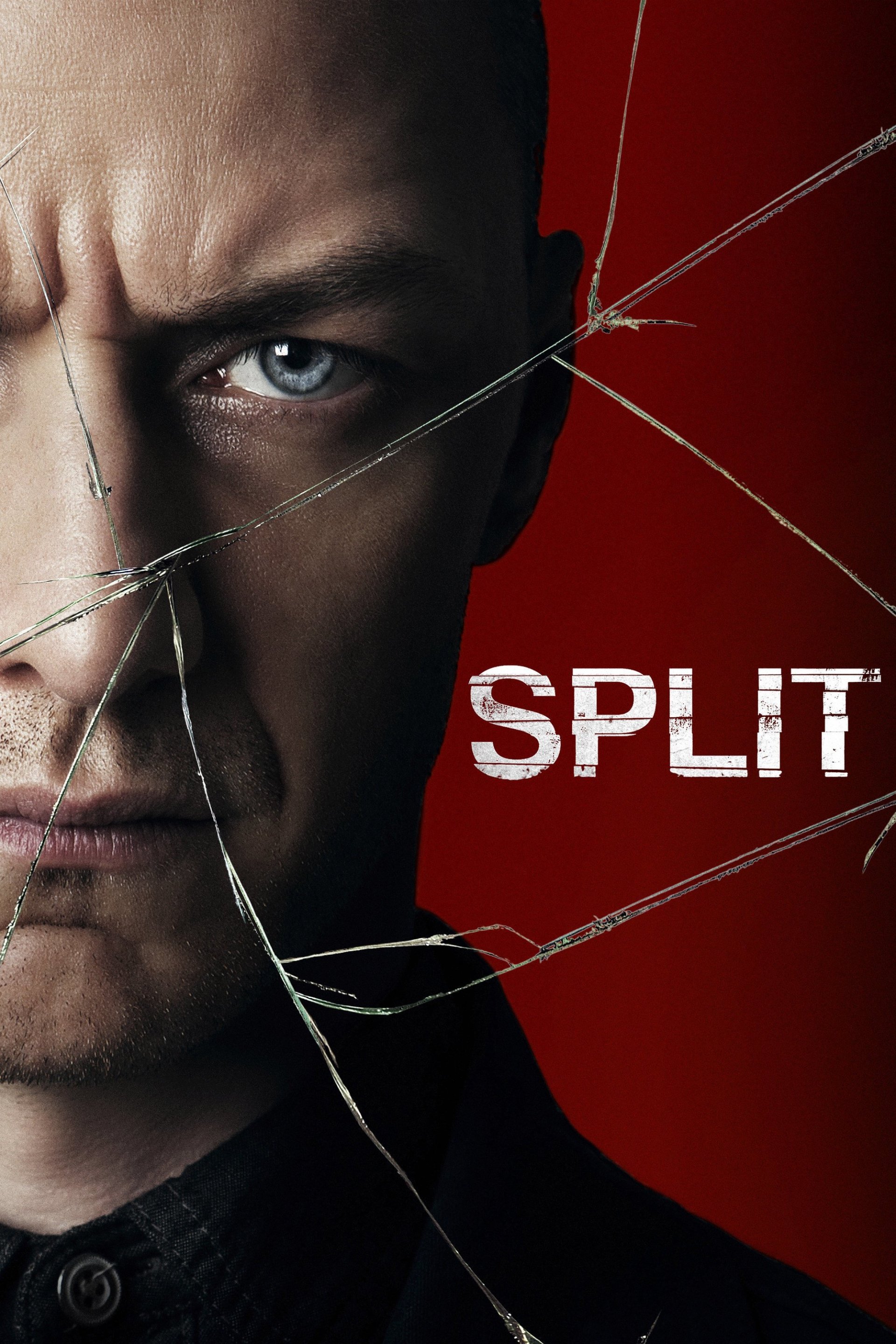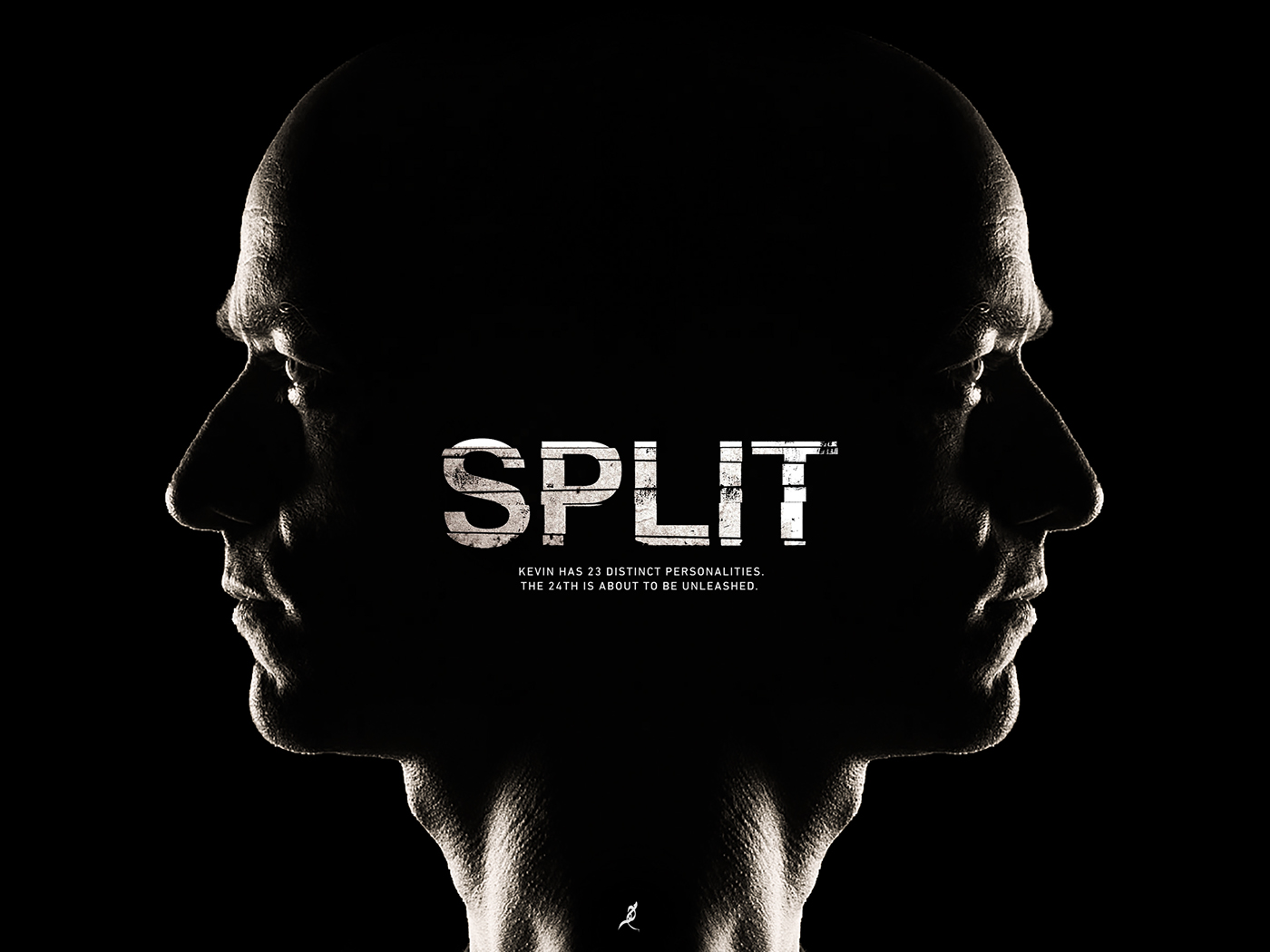

Only later does he incorporate comedy and narrative magic via the antagonist’s DID, a device that has unsurprisingly been scrutinized.Īt the time of release, audiences did not experience Split with the understanding that it’s the second part of a trilogy, with Shyamalan giving barely any clues. Shyamalan clearly announces his intentions, and he doesn’t pretend to be a magician-comedian. He immediately introduces Split's horror aesthetic, as three teenagers are kidnapped in a parking lot by McAvoy’s character, and they’re subsequently transported to a contained dungeon-like setting, reminiscent of the Saw franchise. Right from the script, Shyamalan values structure first, spectacle later. With its pacing, performances, and production aesthetic, Split is the best film of Shyamalan’s Eastrail 177 trilogy. But it turned out to be so much more than that. In 2016, Shyamalan made Split as a narratively-unrelated follow-up to the surprise 2015 hit The Visit. More: Glass Theory: James McAvoy's Split Character Was In Unbreakable All Along These days, he seems mostly concerned about the viewer's in-the-moment reaction to clever dialogue and nostalgic reminders. Back then, Shyamalan seemed to enjoy the audience’s reaction to his narrative execution. And when Dunn agonizes over the past, one may easily empathize with his trauma.Īll in all, Unbreakable holds up for its structure, narrative suggestion, performances, and the final payoff. When Price cries in pain, one can feel it. With all due respect to the supporting cast, Unbreakable is mostly a showcase for Willis and Jackson, and their composed performances effectively build the suspense. Similarly, Dunn is forceful when emphatically denying any special powers, though his physical behavior betrays his words. The audience can genuinely believe Price’s theories because he’s so articulate when speaking about comics, and because he’s incredibly persuasive with his communication.

Plus, Unbreakable’s collective performances boost the narrative concepts. As a whole, Glass feels messy and over-explanatory, but there’s value to be found in the narrative and genre concepts. While the guiding dialogue and sudden personality transitions once again feel like Shyamalan patting himself on the back, McAvoy delivers an effective, semi-comedic performance, fully selling each personality through non-verbals. As the narrative progresses, it’s not hard to imagine Shyamalan scripting Crumb's personality switches, instigated by an almost-too-clever plot device. In the long run, McAvoy’s Glass performance will be fundamental to the film's legacy. Fortunately, the primary female leads - Paulson and Split's Anya Taylor-Joy - deliver remarkable supporting performances, as they’re mostly allowed to interpret the moment rather than Shyamalan's didactic commentary. As a result, the collective performances feel less impactful.


With that said, the delivery often feels awkward, most notably in terms of Jackson’s title character. Given the narrative scope, this makes sense, and it allows viewers of various demographics to fully understand the implications. Once again, Shyamalan takes a heavy-handed approach while underlining thematic concepts, like how the characters’ lives connect to comic book tropes ( Glass makes it clear that it’s an “origin story”). So, with an engaging story already in place, Glass’ dialogue becomes a crucial factor. However, Shyamalan typically succeeds for the most part with restraint, when he trusts the audience to connect A, B, and C with little exposition. In terms of the typical superhero genre, this type of filmmaking works as it feels at once endearing and welcoming. The problem is that Shyamalan relishes in overt wink-of-the-eye moments, including his own cameo early on. Shyamalan addresses unresolved questions and properly explains the motivations for each character, exploring how their decisions connect to faith, family, and mental health. Ellie Staple (Sarah Paulson), a psychiatrist who specializes in treating people with “delusions of grandeur.”įor the average viewer, Glass may feel like a relative success. Glass, all the while being examined by Dr. In the primary plot, Unbreakable's reluctant hero David Dunn (Bruce Willis) has become vigilante “The Overseer,” but is captured while battling Split's antagonist Kevin Wendell Crumb (James McAvoy) aka “The Horde.” Both men are institutionalized alongside a heavily-sedated Elijah Price (Samuel L. Connecting the narratives of both Unbreakable and Split, Glass aims high but feels entirely didactic with its storytelling.


 0 kommentar(er)
0 kommentar(er)
